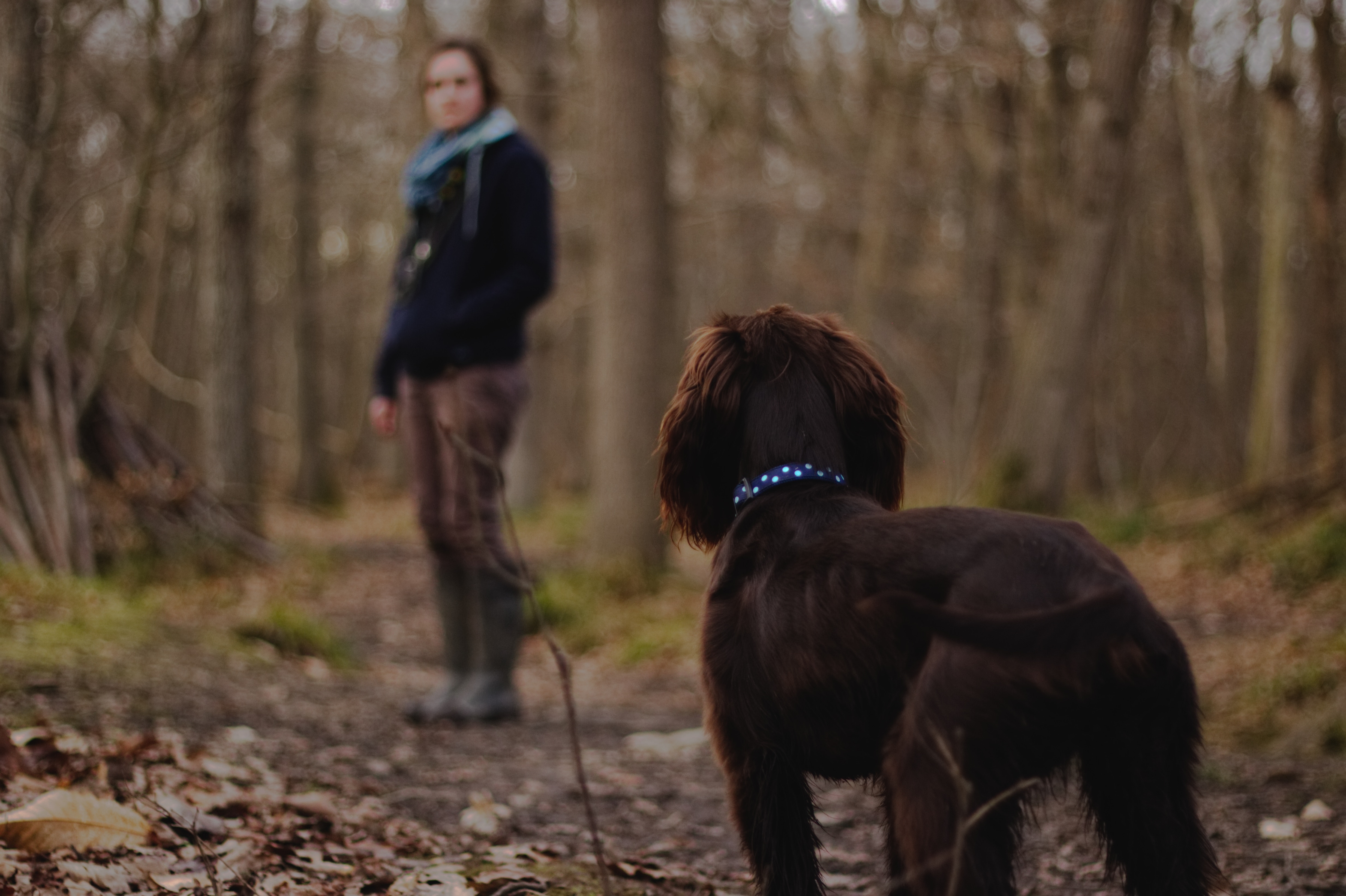
Health News
Tips for staying in with family and connecting with friends
Social distancing, according to infectious disease experts, is one of the best ways to try to slow the spread of COVID-19. But what about its psychological consequences?
March 22, 2020 By UNIVERSITY OF ROCHESTER

“It’s important to be creative and maintain as much meaningful connection with family and friends as possible, says Harry Reis, a professor of psychology at the University of Rochester.
“And it’s important not to panic. We will get past this crisis and then there will be lots of good stories to share. Everybody has to do the best they can so that as many of us as possible can come out of this crisis healthy and happy.”
Here, Reis and Ronald Rogge, an associate professor of psychology, discuss the effects of social distancing, how families can cope, and the importance of keeping in touch with friends:
Q: What happens when families all hunker down together?
Q: What about those who live alone?
Reis: They would be at much greater immediate risk of serious problems—certainly the elderly who are more vulnerable to social isolation to begin with, lonely people, people with emotional problems who live alone, all these are likely to have harder and harder times making connections. Digital connections only go so far in satisfying our need for social connection. Digital connections are like fast food: they may be better than going hungry, but they don’t provide the real nutrition that we all need. They just are not a good substitute for real face-to-face interactions. We may well see people taking greater risks over time, just because the lack of social contact is going to be so disturbing to them.
Q: What’s your advice?
It’s important to be creative and maintain as much meaningful connection with family and friends as possible. And it’s important not to panic. We will get past this crisis and then there will be lots of good stories to share. Everybody has to do the best they can so that as many of us as possible can come out of this crisis healthy and happy.
Rogge: Especially for younger kids setting up some sort of routine is helpful as their lives have been completely disrupted and that’s stressful even in a very loving family with a lot of good support. So, saying “Ok, we’re going to eat breakfast at this time and afterwards we are going to do this for a couple of hours” and then establishing this new schedule and helping them ease into it will make the transition easier. Of course, not all families have five or six rooms where everyone can find some quiet space. Maybe ask “How long has it been since we went on a walk as a family, or since we played board games together?”—just trying to find ways under these unusual circumstances where you can be supports for each other rather than just getting on each other’s nerves.
Q: In the short run, social isolation has meant that hectic schedules, especially for families, have slowed down. Is that not a beneficial side effect?
Rogge: In a way we’re stepping back in time a bit because right now we can’t have our fast-paced lives where we are darting from this to that. Families will find that they have a lot more time to spend with each other and that can be a challenge, yes, but also a real opportunity.
Q: Ron, you are the coauthor of a study about chronic sleep deprivation among teenagers. In this sense, social isolation means no early school start times and more time to sleep. Isn’t that at least positive?
Q: I’ve heard from people via social media to whom I haven’t spoken in years or decades. Is that a universal human response to crisis?
Reis: That’s very common. Whenever a disaster happens—9/11, earthquakes, hurricanes, or tornadoes—the first thing people do is to check in with people they care about. The need to know that loved ones are safe and to let others know that they are safe is a very basic human need.
Print this page